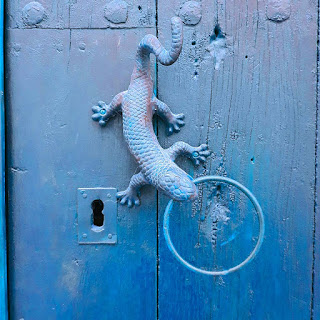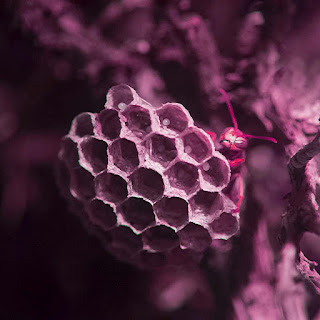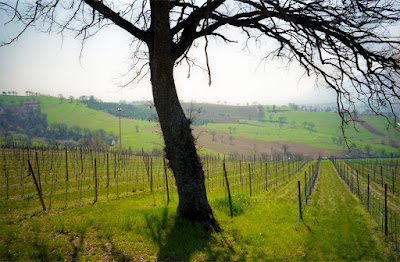Terroir’s dough has been kneaded so much that the large Batard it started out as is looking more like flatbread. It’s been worked too hard.
But sometimes, we must roll the dough into a ball, moisten it, stick it somewhere dark and motionless, and let it rise again with hope for a new start. Or as Eric Asimov, wrote in a recent column, a “new culture.”
And so, all balled up and noöwhere to go, I delved into my post-graduate studies. This time it led me in time, back, to the future.
One of my professors was a futurist. He predicted a lot of what we have seen roll out over that past 50 years. Was it a coincidence that we were in a burgeoning territory that would be later known as Silicon Valley? Right place at the right time? Luck? Good planning?
What did unfold in that time and place was a barrage of information, and the energy that took that wave to new heights. It was quite a ride.
We’re still riding, although the surf is unpredictable. And there are more of us on the wave.
That said, Eric triggered some thoughts from his meanderings that inspired me to elaborate upon. Yes, they are speculative. But one must dream the dream before living it, c'est ne pas?
In my dream is the idea of the noösphere as being a spiritual extension of the more tactile terroir, which we willingly embrace in wine.
“The noösphere? What kind of cocktail did they serve you this week, Alfonso, when they administered anesthesia? You must have gotten the way-out version, eh?”
Possibly. But this has been in mind for awhile. And that is the idea of something like the noösphere influencing the taste of wine.
The noösphere was originally imagined by Pierre Teilhard de Chardin, a French Jesuit paleontologist and philosopher, and Vladimir Vernadsky, a Russian-Ukrainian biogeochemist, who posited the noösphere as the latest developmental expression of the biosphere. The noösphere, in shorthand, is where humankind’s highest rational activities emerge as the next evolutionary geological layer. Hence, potentially a new band, or culture, of terroir.
For years, I’ve imagined the internet as part of this noöspherical evolution, in that our more rapid communications have been developing at faster-than-sound momentum. So much that for many of us humans, just keeping up with the pace of progress has been an overwhelming thing. My professor propounded this possibility routinely. Alvin Toffler wrote a best seller about this subject, “Future Shock.” We are now living in a present that many of us cannot reconcile the truth that stares us in the face against a more convenient explanation. Wars are being waged over this, both domestic and distant.
And what does this have to do with wine? As some stretch the boundaries of what we have come to know as terroir, there are those who imagine that the imagination, and the mind, affects how we see terroir. And doing so, alter, some say expand, the universe of terroir.
Yes, it’s a stretch. But so was going to Mars. And we’ve seen that in our lifetime.
I’m sitting at my desk, but also on a bench in one of my favorite vineyards in the Marche. It’s a warm Spring day, even though at the screen here, it is still Winter and quite cold. I can smell the grass as the heat of the sun warms it, causing the aromas to rise. Miles away, the Adriatic gently churns, and humidity rises on that sunny day, with moisture floating inland, as if caught in a delicate vacuum. The wind stirs the branches on a nearby tree. The vines, awakening from their long sleep, beginning to stir and poke little heads out. The beginning of the 2022 harvest.
Of course, our minds contribute to the terroir of place. We interpret it and, even with all of our inherent bias, we change the thing we observe! It’s inevitable. Does it contribute to the greater glory of the vine, the wine and terroir? In my world it does, as it is the way I imagine things. Not the Life-or-Death ones. No, there is a reality I cannot push away. But in a dim philosophical resurgence from an anesthetized state, this idea persists. We are atoms, vibrating from our little bright spots in the universe. What’s to prevent terroir and biospheric vigor from interweaving with the sphere of reason?
At least until the medicine wears off. Or the Batard comes out of the oven.







